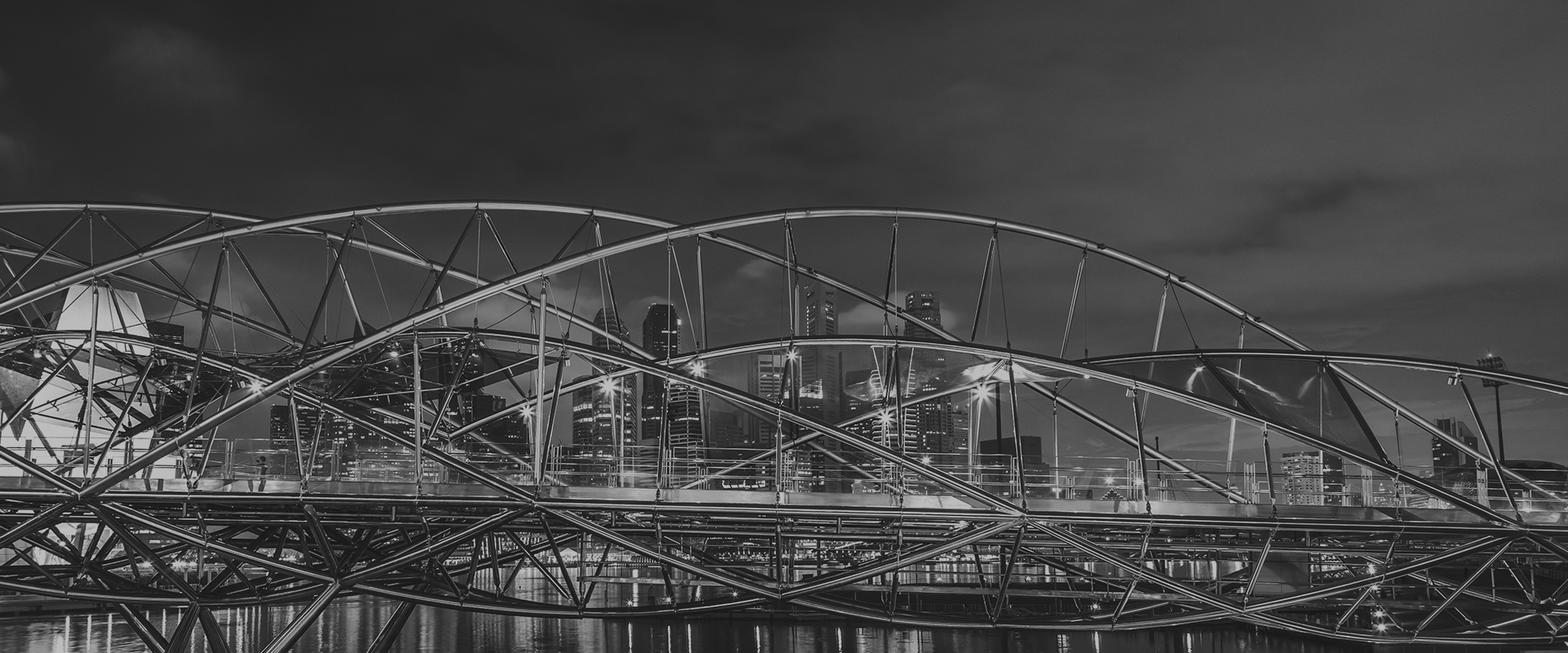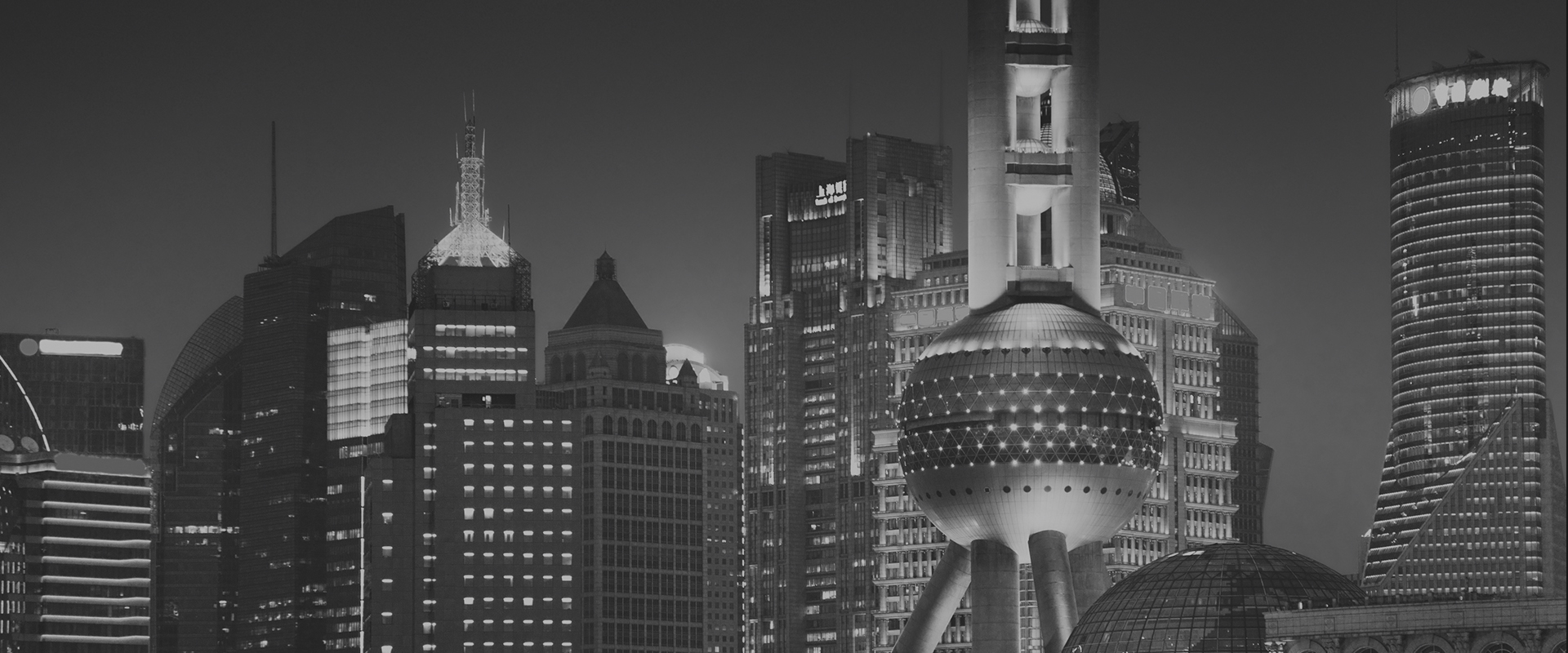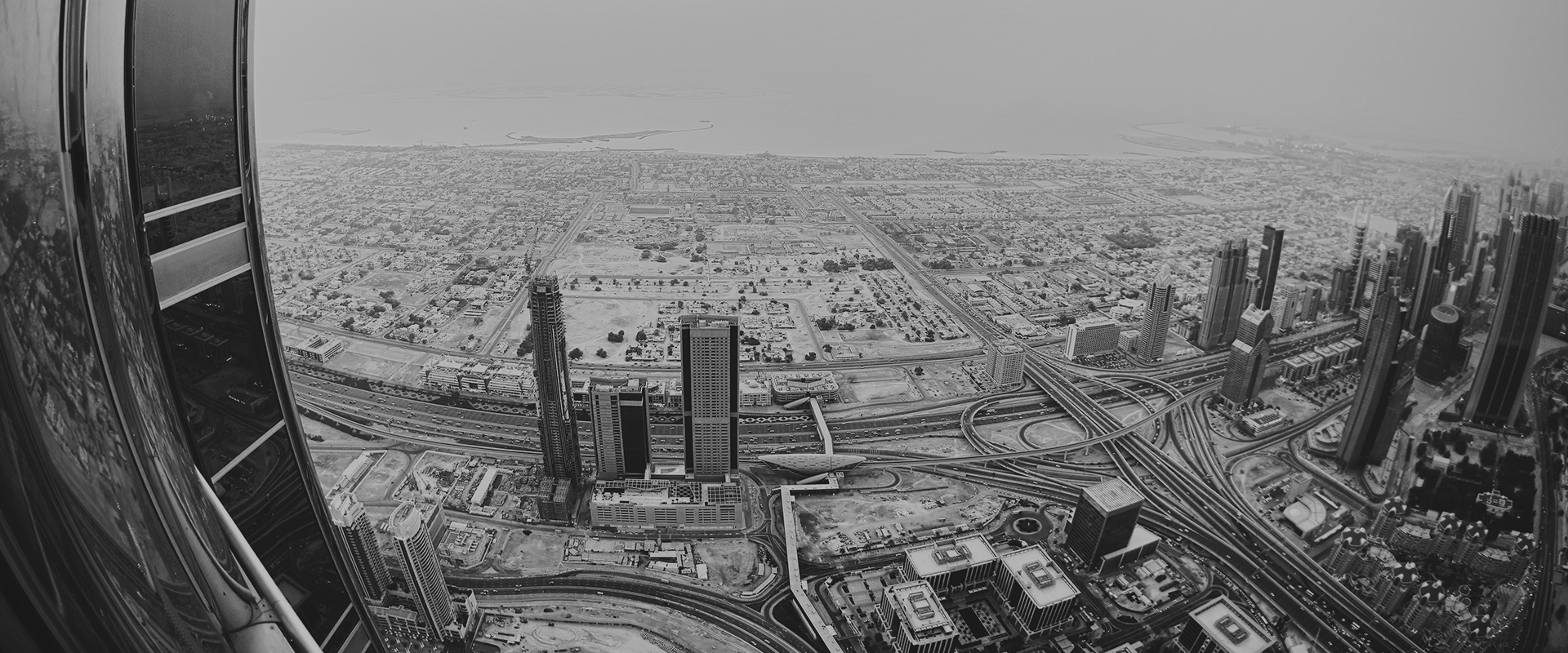Published by CNBC – 9th Aug 2017
An obscure safety trade against fallout from a North Korean nuclear attack leaped Wednesday to its highest in more than a year.
Hedge funds bought South Korea’s five-year credit default swap, sending the cost of protection against the country’s inability to pay back loans up 8.63 percent to 62.74, its highest since June 2016.
As of August 2016, S&P had an AA credit rating and a stable outlook for South Korea.
“We have seen a steady increase throughout the year in US-North Korean tensions — most of which have been ignored by markets,” Callum Henderson, managing director, global markets Asia Pacific, at consulting firm Eurasia Group, told CNBC in an email.
“What is different now is two things,” he said. “First of all, in the last week or so there has been a material escalation in rhetoric and the perceived threat level. Second, all of this is happening against signs of stalling in the China-led economic upswing.”
China this week reported weaker-than-expected trade data while overall GDP growth came in at a steady but slow 6.9 percent for the second quarter.
U.S. stocks fell Tuesday after U.S. President Donald Trump warned North Korea that any threats would be met with “fire and fury like the world has never seen.”
The reportedly unscripted remarks followed reports earlier in the day that North Korea has successfully created a miniaturized nuclear weapon designed to fit inside its missiles. Less than two weeks earlier, the North Korean government tested an intercontinental ballistic missile that experts said could reach as far as New York.
Then overnight, North Korea state media said it is “carefully examining” a plan to strike the U.S.-held Pacific island of Guam with missiles.
However, U.S. State Secretary Rex Tillerson downplayed the latest developments in remarks to reporters on his way to Guam Wednesday. “I do not believe there is any imminent threat in my own view,” Tillerson said.
Analysts said Beijing is the bigger factor around the North Korea tensions since more than two thirds of the rogue state’s trade is with China. For its part, Beijing is likely going to do all it can to maintain the status quo ahead of a leadership shuffle this fall at the 19th Communist Party Congress.
“The last thing [the Chinese] need is a problem. Most likely this is going to be another situation … one, two, three days of vol and then it goes away,” Larry McDonald, of The Bear Traps Report newsletter, told CNBC in a phone interview.
The Chinese Foreign Ministry reiterated its call for dialogue and negotiation in a statement to CNBC.
“China calls for all related parties to insist on moving in the direction of resolving the nuclear issue on the Korean Peninsula through political means,” the ministry said.
The jump in the South Korean credit default swap contrasted with the muted risk-off trade in global markets.
Overnight in Asia, the South Korea Kospi fell 1.1 percent to about 3.5 percent from a record high hit July 25. The Nikkei 225 dropped 1.3 percent, while the Shanghai composite slipped only 0.2 percent.
U.S. Treasury yields edged slightly lower, with the 10-year yield at 2.24 percent.
Gold spiked more than 1.5 percent to $1,284.70, its highest since June 8, while the CBOE Volatility Index (.VIX), widely considered the best gauge of fear in the market, climbed to a high of 12.63, its highest since July 6.
U.S. stocks closed slightly lower Wednesday, but the S&P 500 and Dow Jones industrial average remained within 1 percent of all-time highs.




